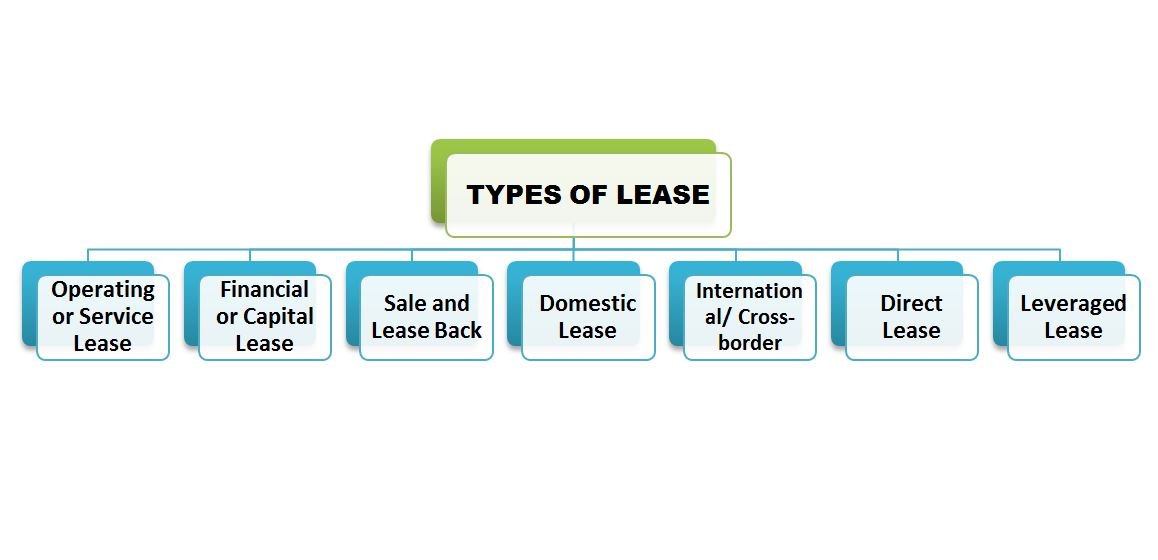As technology continues to advance, the automotive industry finds itself on the cusp of a significant transformation. The emergence of autonomous vehicles promises a future where cars can navigate, park, and make driving decisions without human intervention. While this technological leap is exciting, it also raises several questions about the service and repair needs of these high-tech automobiles. In this article, we’ll delve into the evolving world of autonomous vehicle service and repair, and we’ll also touch on the significance of car recycling Logan (cash for scrap cars Logan).
Autonomous Vehicles: A Glimpse into the Future
Autonomous vehicles, often referred to as self-driving cars, are equipped with an array of advanced technologies. These include LiDAR sensors, cameras, radar systems, and sophisticated artificial intelligence algorithms. The idea is to reduce human errors, enhance road safety, and make transportation more convenient. While this innovation holds great potential, it also poses unique challenges for service and repair.
Service Needs for Autonomous Vehicles
1. Specialized Technicians
Autonomous vehicles require technicians with expertise in the complex systems that enable them to operate. Repairing and maintaining LiDAR sensors, intricate software, and other cutting-edge components is vastly different from traditional car repair. Service centers must invest in training their staff to meet these specific needs.
2. Advanced Diagnostic Tools
To ensure the safety and reliability of autonomous vehicles, service centers need access to advanced diagnostic tools. These tools help identify issues in the intricate software and hardware that drive self-driving cars. Regular software updates and checks are essential to keep these vehicles running smoothly.
3. Ethical Considerations
In cases of accidents or system failures in autonomous vehicles, there are ethical considerations to address. Determining responsibility, liability, and ensuring appropriate actions are taken in the event of an incident is a new challenge for the automotive service industry.
4. Data Security
Autonomous vehicles collect massive amounts of data, both from their surroundings and their internal systems. Protecting this data from breaches and cyberattacks is of paramount importance. Service centers must prioritize data security and establish robust cybersecurity measures.
Repair Needs for Autonomous Vehicles
1. Component Replacement
Autonomous vehicles have intricate components, such as LiDAR sensors and high-tech cameras. When these components fail, they need to be replaced or repaired by specialists. It’s essential to source authentic parts and ensure precise installations.
2. Software Updates
Software in autonomous vehicles is continuously evolving. Just like your smartphone or computer, these cars require regular software updates to improve functionality and address security vulnerabilities. Service centers must be equipped to handle these updates efficiently.
3. Accident Recovery
In the unfortunate event of an accident, repairing autonomous vehicles presents unique challenges. Technicians must not only fix physical damage but also ensure the vehicle’s autonomous systems are fully operational, as they play a crucial role in accident prevention.
4. Rapid Response
Autonomous vehicles are designed to enhance road safety, but they are not immune to sudden breakdowns or malfunctions. Service centers must have the capacity to respond quickly and efficiently to keep roads safe.
Car Recycling in Logan: A Sustainable Solution
As the automotive industry embraces autonomous vehicles, it’s also essential to consider the environmental impact of the transition. Car recycling in Logan and similar regions plays a crucial role in managing the disposal of old and obsolete vehicles, including traditional non-autonomous cars.
cash for cars gympie (cash for scrap cars) encompasses a range of processes aimed at recovering and reusing materials from end-of-life vehicles. This sustainable approach helps reduce waste, conserve resources, and decrease the environmental footprint of the automotive industry.
Recycling centers in Logan and other areas ensure that end-of-life vehicles are properly de-polluted, dismantled, and recycled. The process involves:
- Fluid Removal: Hazardous fluids such as oil, coolant, and transmission fluid are safely removed and disposed of to prevent environmental contamination.
- Component Reuse: Salvageable parts and components are identified, refurbished, and resold, reducing the need for new manufacturing and conserving resources.
- Metal Recovery: The body of the vehicle is shredded, and ferrous and non-ferrous metals are separated for recycling.
- Environmental Compliance: Car recycling centers adhere to strict environmental regulations, ensuring that the entire process is eco-friendly.
The Symbiotic Relationship
The emergence of autonomous vehicles and the practice of car recycling in Logan may seem unrelated, but they share a symbiotic relationship. As the automotive industry moves toward autonomous technology, older non-autonomous vehicles will be phased out and eventually reach the end of their operational lives.
Car recycling centers in Logan can responsibly and sustainably manage the disposal of these older vehicles, reducing the environmental impact of the automotive industry. Moreover, as autonomous vehicles become more prevalent, their components and materials will also become subject to recycling and repurposing, further contributing to environmental sustainability.
Conclusion
The advent of autonomous vehicles is set to revolutionize the way we commute and travel. While the benefits of increased safety and convenience are evident, they also bring distinct challenges for service and repair. Specialized technicians, advanced diagnostic tools, and ethical considerations are all part of the new landscape for automotive service providers.
In parallel, the importance of car recycling in Logan and similar regions cannot be overstated. As the automotive industry evolves, responsible vehicle disposal and recycling practices ensure that old vehicles, both autonomous and non-autonomous, are managed in an environmentally friendly manner.
The automotive industry stands at a crossroads, and addressing the unique service and repair needs of autonomous vehicles while promoting responsible recycling practices is essential for a sustainable and technologically advanced future.




